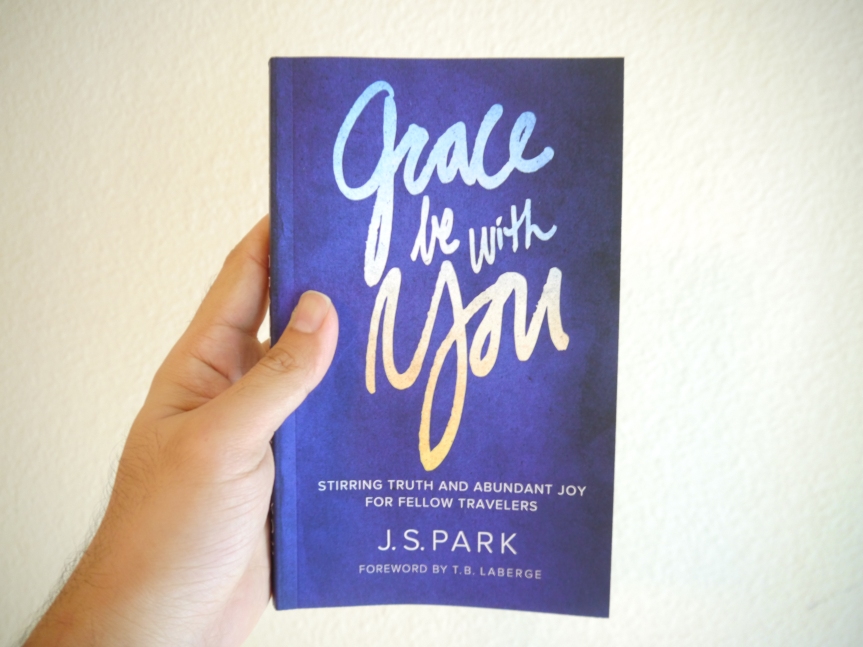For my chaplaincy, I had to answer the questions:
Where is God in the midst of suffering, loss, illness, tragedy?
Where is God for the patients?
Where is God for you?
Here’s my meager attempt to answer these very huge questions.
—
In the worst moments of our lives — the cancer, the car accident, the phone call that changes everything — I’m not always sure where God is. Even the most trusting and devout are spouting, “God’s got this” with quivering lips and a shaking voice, with the slight clench of a fist, with feverish bewilderment: because the words fall flat on the cold linoleum of the hospital.
No matter how much theology we know in our three lb. brains, it all goes out the window when the floor opens up and steals us into the abyss of loss, the irreversible before and after, and the world becomes a chaotic, unsafe place of random disaster.
I can’t say where God is.
I can only say with some certainty where God is not.
I don’t believe God is distant and detached from our pain. I don’t believe He’s gloating over us behind a glass cage. I don’t believe He uses pain to teach us a lesson. I don’t believe that trials are part of “God’s amazing plan for your life.”
I don’t believe that God is some stoic, abstract teacher who waits for us to “get it.” Pain is pain, and it hurts, and no amount of theology is going to glamorize a special reason that it happens.
Not every pain has a connect-the-dots theology. When a hurricane misses a city and everyone “praises God,” it’s only condemning the millions of people who are hit by the same storm. When a child dies of preventable diseases or drunk drivers or a genetic anomaly, there’s no curse or blame upon the child. We can’t force such a tragedy into easily quantifiable boxes. To make such a correlation, if anything, is worse than the pain itself.
The truth is that we live in loss every single second, just by the mere fact that our lives won’t turn out the way we want them to. We live within absolute suffering just by losing time on the clock in the inevitable march towards death. The hospital only puts a neon sign around the coffin that awaits us all.
But my Christian faith tells me that this is completely expected. We live on a fallen world where the thread of sin has woven its tendrils into every part of our being, and that something will always be missing. Rather than deny pain, the Christian faces it head-on and acknowledges the tension. From our grief in loss to our hunger for approval to our need for intimacy: we float in this strange limbo of discontent, where nothing is ever quite the way we want it.
At the same time: My faith holds onto the hope that total fulfillment really exists. Our pain is unbearably awful, but it actually points to our desire for a healing of everything that has ever fallen apart. The inverse irony of pain is that when we’re hurting, it conveys a contrast to a very real wholeness. It’s why pain hurts. Pain tells us that something is terribly wrong and we know it ought to be put right. Or as C.S. Lewis said, “Nothing is yet in its true form.” The very reality of suffering points to our need for an ultimate comfort and justice: for God Himself.
This means there is some perfect song on the other side of the door; a light at the end of the tunnel that fills the tunnel; a beauty that doesn’t explain our pain, but is stronger and louder and bigger than all that has happened to us. We know this because we know bad notes, we know the darkness of a tunnel, we know the scars of marred beauty. Christianity says that the only real beauty is the infinitely satisfying perfection of God, who is the only being in existence that fulfills every longing we’ve ever had for truth and beauty and wholeness.
But I believe that Christianity fulfills us not only by perfection, but also by descending. Christianity says that God became one of us, out of solidarity, to suffer with us, not as a mere deity in an abstract palace, but a flesh-dwelling person in a sand-swept desert, so that, though God is so above us, He knows what it’s like to be one of us. The Christian believes in a God who wept and bled and suffered, an infinite God who infinitely compensated for our hurt, thereby cosmically answering for our afflictions and fulfilling the deep need to be heard and known at our very worst.
This must mean that God is just as mad at suffering as we are. God must be grieving with us, too. And in fact, my Christian faith tells me that because God is mad at our pain and still perfect, we’re also allowed to be as mad as He is at the very same things.
Maybe there’s an intellectually satisfying answer why we’re suffering: but what I want is someone who relates instead of debates. This is why we get flustered when someone connects the dots on our tragedies. It’s better they get with me in the trenches.
This means my job is not to solve for the other person’s pain. It’s not to bring diagrams and flowcharts. It’s to sit inside the uncertainty and anxiety of suffering and to shout against the dark, until we have shouted ourselves out. This is when God can begin to show up at all, for at our rock-bottom, He is already there.
Continue reading “A Theology of Loss, Love, and Leaning In” →























